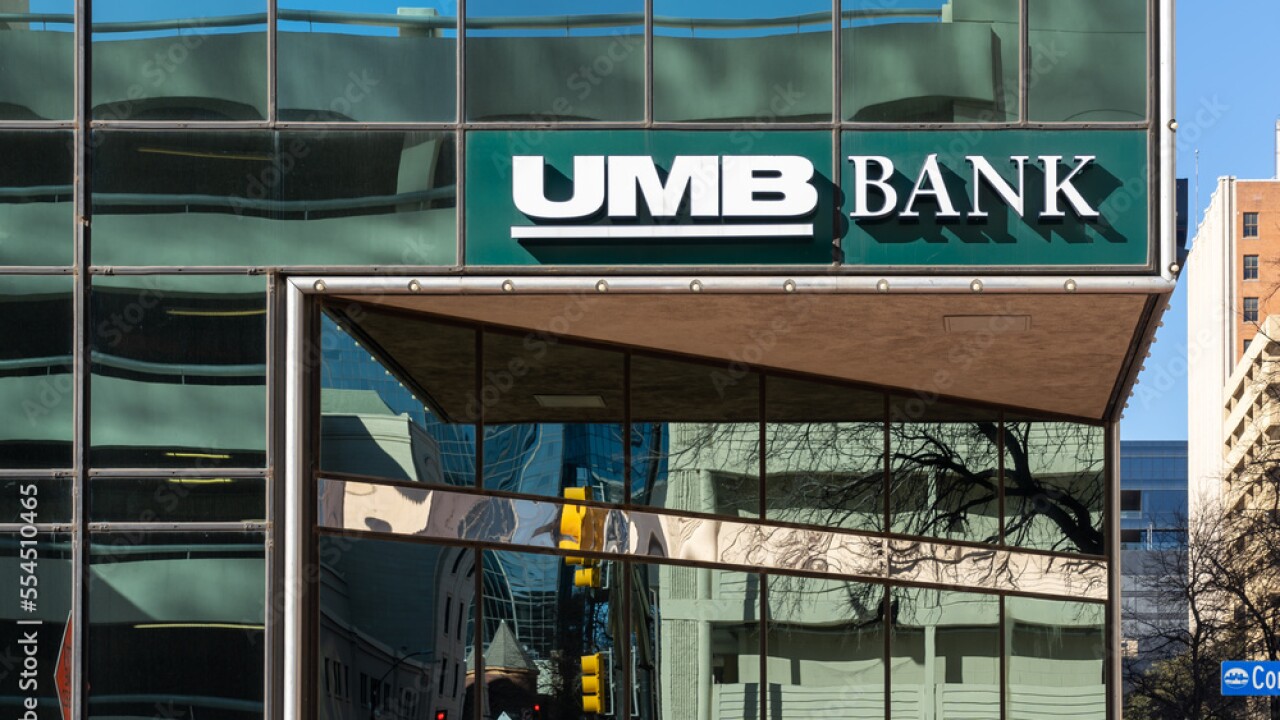Receiving Wide Coverage ...
Opening bid: The Justice Department has proposed that Deutsche Bank pay $14 billion to settle a series of mortgage-backed securities investigations dating back to the financial crisis, "a number that would rank among the largest of what other banks have paid to resolve similar claims and is well above what investors have been expecting," the Wall Street Journal reported. The figure is preliminary, and it's unclear how much of that proposed amount would be paid in cash and how much might be in consumer relief. Regardless, the bank said it "has no intent to settle these potential civil claims anywhere near the number cited. The negotiations are only just beginning," adding that it expects to settle at a "materially lower" amount.
"Although the final settlement has yet to be determined, the disclosure of the DOJ's proposal prompted immediate concerns about how Deutsche would cope with such a huge penalty, especially given its already shaky finances," the Financial Times said. The German bank has lost half of its market value in the past year and "is one of the most weakly capitalized banks in Europe."
Deutsche Bank shares plunge: On Friday morning the news got even worse: Shares of the German bank plunged 8% at the opening of European trading on news of the potential DOJ fine. Shares of other big banks fell in sympathy.
Wall Street Journal
Nothing's changed: Big Wall Street banks are
What now?: Cross-selling was hard enough for banks even before the Wells Fargo phony accounts scandal. Now it
What to do? PNC, for one, is using technology to data-mine its customer base. "The bank, which declined to say what data it examines, has said about 30% of customers take the bank up on an appointment to discuss their financial situation, which often leads to cross-selling opportunities. About 65% of the meetings lead to a sale."
Financial Times
Go slow: The biggest trade groups representing the U.S. financial services industry are urging Treasury secretary Jack Lew to
New York Times
Far from the top: An op-ed from Susan Och, a senior fellow at the research institution New America and a former senior advisor at Obama's Treasury, says of the Wells Fargo scandal that the buck stopped well short of the top. "Eight years after the financial crash, we are still
Double standard?: Is there a double standard between punishments meted out to small banks versus big banks? It would appear so. The Comptroller of the Currency and the Federal Reserve "can ban individuals and have not been shy about wielding the stick on community-bank executives" who go astray, largely because smaller banks can't afford to pay big fines. Big banks, by contrast, have paid out more than $200 billion in penalties since the financial crisis while their leaders have largely avoided sanctions. Will this hold true for Wells Fargo? "If Wells Fargo executives escape any such fate, it could





